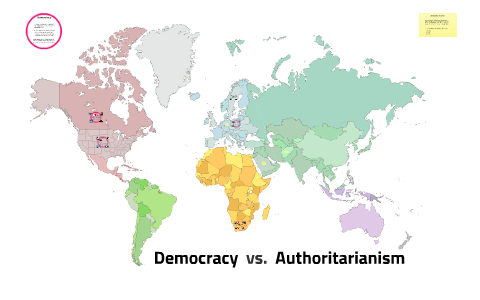Table of Contents
Vladimir Putin’s leadership style has been a subject of considerable debate and scrutiny both within Russia and on the international stage. As the President of Russia, he has presided over a period of significant political change, marked by a consolidation of power and a shift away from the democratic reforms of the 1990s. In this article, we will delve into the complexities of Putin’s leadership style, examining the elements of both authoritarianism and democratic values that have characterized his tenure.
Vladimir Putin’s leadership style is a topic of ongoing debate and scrutiny that transcends borders, as it holds far-reaching implications for Russia’s domestic and international affairs. Serving as the President of Russia, Putin has presided over a transformative period in the nation’s history, shaping its political landscape and leaving an indelible mark on the global stage. His leadership style is multifaceted, marked by a nuanced interplay of authoritarian tendencies and democratic values and merits a comprehensive examination:
Authoritarian Leanings: Putin’s leadership has been characterized by a degree of centralization of power, which has led to concerns about the erosion of democratic institutions and principles. His government has implemented measures that have curtailed political opposition, restricted media freedom and tightened control over civil society. These actions have prompted critics to label his leadership as leaning toward authoritarianism.
Consolidation of Power: Putin’s tenure has seen a consolidation of power within the executive branch of the Russian government. He has served multiple terms as both President and Prime Minister, leading to perceptions of a dominant and enduring political presence. This consolidation of power has raised questions about the balance of power in Russia’s political system.
Democratic Values: While Putin’s leadership has raised concerns about democratic backsliding, it is essential to recognize that democratic elements persist within Russia’s political landscape. Elections, although subject to criticism, continue to be held at various levels of government. Political opposition, though constrained, has not been completely extinguished. The coexistence of these democratic elements alongside centralized power reflects the complexities of Putin’s leadership.
Economic Stewardship: Putin’s leadership coincided with a period of economic growth and stability in Russia. His government implemented economic reforms that restored economic stability and raised living standards for many Russians. This economic stewardship has bolstered his popularity among segments of the population, contributing to his enduring political influence.
Foreign Policy Influence: On the international stage, Putin’s leadership has been marked by a proactive and assertive foreign policy. His administration has pursued Russia’s strategic interests and engaged in diplomacy and conflict resolution on various fronts. This assertiveness has positioned Russia as a major player in global geopolitics.
Public Perception: Putin’s leadership style enjoys varying degrees of support and criticism both domestically and abroad. While some view him as a strong and decisive leader who has restored Russia’s standing, others see his leadership as undermining democratic principles and stifling dissent. Public perception of his leadership is shaped by a complex interplay of factors, including economic well-being, political ideology and historical context.
In summary, Vladimir Putin’s leadership style is a multifaceted and contentious subject that continues to shape Russia’s domestic and international dynamics. It embodies a delicate balance between authoritarian tendencies and democratic values, reflecting the complexities of the nation’s political landscape. As Russia navigates the challenges and opportunities of the 21st century, understanding Putin’s leadership is crucial for comprehending the nation’s trajectory and its role on the global stage.
To delve further into this matter, we encourage you to check out the additional resources provided here: The Global Expansion of Authoritarian Rule | Freedom House
The Rise of Putin
Vladimir Putin’s ascent to power began in 1999 when he was appointed Prime Minister by then-President Boris Yeltsin. His rapid rise continued when Yeltsin resigned on New Year’s Eve in 1999, making Putin the acting President. In the subsequent election in March 2000, Putin was elected as President, beginning a new era in Russian politics.
Vladimir Putin’s remarkable journey to the pinnacle of Russian politics marked a turning point in the nation’s history. His ascent began in 1999, an eventful year that set the stage for a transformative era in Russia.
When appointed as Prime Minister by then-President Boris Yeltsin, Putin’s political acumen and decisive leadership quickly became apparent. His role as Prime Minister was a stepping stone, allowing him to showcase his ability to address the pressing issues facing the nation. Russia was grappling with economic turmoil, political instability and social unrest and Putin’s approach to governance presented a sense of stability and direction that the country sorely needed.
The pivotal moment came on New Year’s Eve in 1999 when Boris Yeltsin resigned, paving the way for Putin to become the acting President. This transition was a turning point in Russian politics, marking the end of an era and the beginning of a new one under Putin’s leadership. It was a moment that generated both hope and uncertainty among the Russian population and the international community.
In the subsequent presidential election in March 2000, Vladimir Putin’s popularity and leadership qualities were confirmed by the Russian electorate. He emerged as the victor, securing his position as the President of Russia. His presidency heralded a period of stability, economic recovery and assertive foreign policy, defining the trajectory of Russia’s politics and global standing in the 21st century.
Under Putin’s leadership, Russia witnessed significant changes in various spheres, from economic reforms and energy dominance to assertive foreign policy and the reassertion of Russian influence on the global stage. His presidency was marked by a complex interplay of domestic and international factors, shaping the course of Russian politics for years to come.
In retrospect, Putin’s ascent to power in 1999 and his subsequent election as President in 2000 marked the beginning of an era characterized by his strong and often controversial leadership. It’s an era that continues to influence Russia’s trajectory and has left a lasting impact on the nation’s domestic and international affairs.
If you’d like to dive deeper into this subject, there’s more to discover on this page: Russia’s Road to Autocracy | Journal of Democracy
Centralization of Power
One of the defining features of Putin’s leadership has been the centralization of political power. Over the years, he has concentrated authority in the executive branch, diminishing the role of the legislature and regional governors. This centralization has raised concerns about the checks and balances necessary for a healthy democracy.
One of the defining features of Putin’s leadership has indeed been the centralization of political power in Russia. This trend, which has evolved over the years, has seen a gradual concentration of authority within the executive branch, particularly in the presidency. This centralization has had significant implications for the balance of power within the Russian political system, affecting both the legislature and regional governors.
The centralization of political power under Putin’s leadership has been characterized by a variety of measures and reforms. One notable example is the strengthening of the presidency’s authority through constitutional amendments and legislative changes. These changes have expanded the president’s powers, allowing for more direct influence over key areas of governance, including foreign policy, the military and the appointment of regional governors.
As a result of these centralization efforts, the legislative branch, particularly the State Duma, has seen a reduction in its influence and autonomy. The legislature’s role in shaping policy and providing checks and balances has been diminished, raising concerns about the robustness of Russia’s democratic institutions. Critics argue that a strong and independent legislature is essential for a healthy democracy, as it provides oversight, accountability and represents diverse viewpoints.
Furthermore, Putin’s administration has exerted control over regional governors, who were once elected locally. The appointment of regional governors by the president has shifted power from the regions to the federal level, reducing the autonomy of regional governments and diminishing the diversity of voices in Russian politics.
While centralization may have advantages in terms of streamlining decision-making and ensuring consistency in governance, it also raises concerns about the concentration of power in the hands of a single individual or entity. Checks and balances are a fundamental component of democratic systems, designed to prevent the abuse of power and ensure the representation of diverse interests.
The centralization of political power in Russia has been a topic of debate both domestically and internationally. Supporters argue that it has facilitated effective governance and helped stabilize the country after a period of turmoil. Critics, on the other hand, express concerns about the erosion of democratic principles and the potential for authoritarianism.
In conclusion, the centralization of political power under Putin’s leadership has been a defining feature of Russia’s political landscape. While it has had its advantages in terms of governance efficiency, it has also raised important questions about the health of the country’s democratic institutions and the balance of power. The debate surrounding this issue continues to shape Russia’s political discourse and its relationship with the international community.
Should you desire more in-depth information, it’s available for your perusal on this page: The Administration’s Approach to the People’s Republic of China …
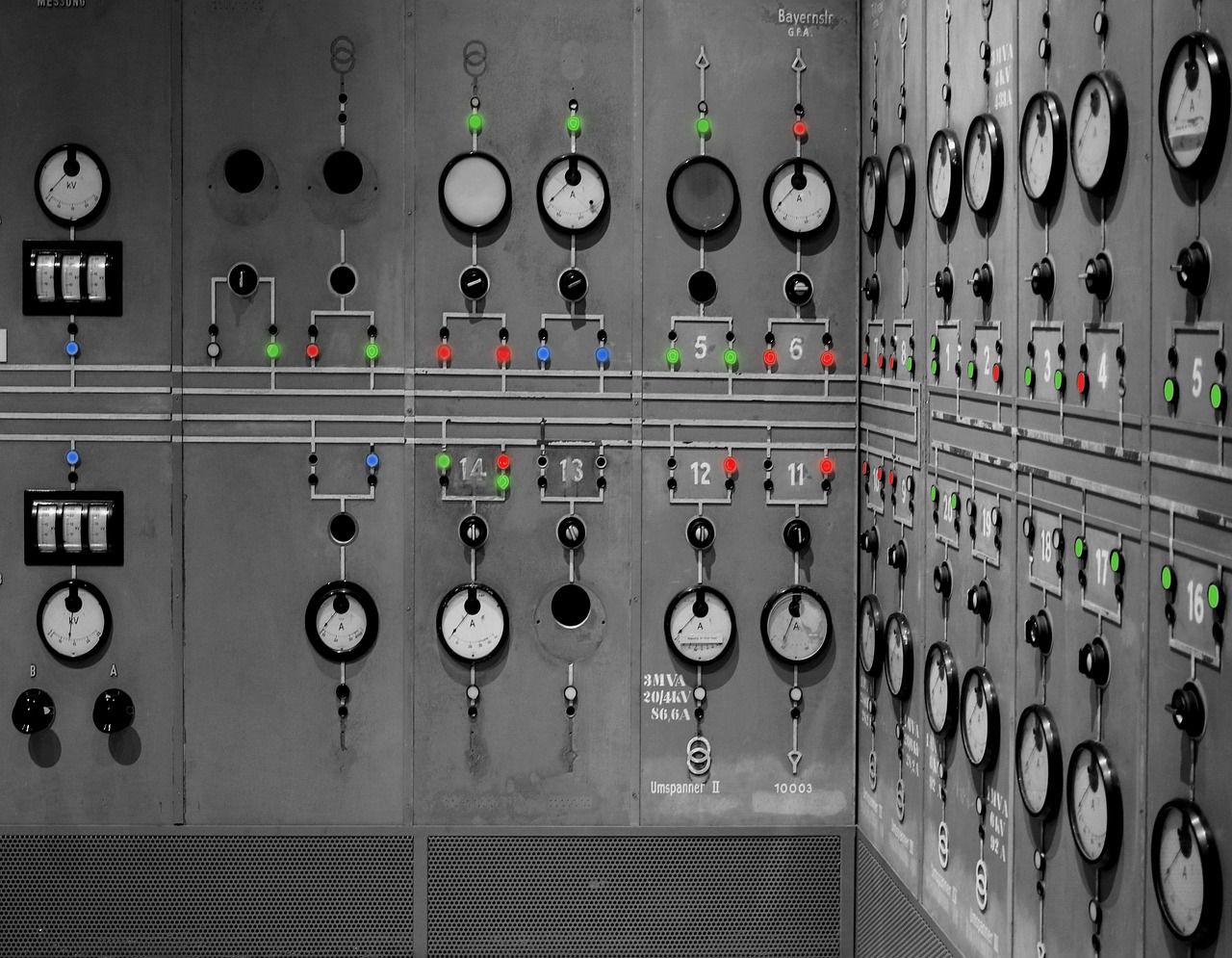
Suppression of Political Opposition
Putin’s presidency has seen the suppression of political opposition and the curbing of independent media. Opposition figures have faced legal challenges and the government has tightened control over media outlets, limiting the diversity of political voices in the public sphere.
During Putin’s presidency, there has been a discernible trend towards the suppression of political opposition and increased control over the media landscape, a development that has raised concerns about the state of democracy and freedom of expression in Russia. This phenomenon has several dimensions that warrant a closer examination.
Restrictions on Opposition: Under Putin’s leadership, political opposition figures have indeed encountered substantial legal and institutional hurdles. These challenges have included arrests, legal proceedings and disqualifications, making it difficult for opposition voices to gain traction or effectively challenge the ruling party. Critics argue that these actions stifle political pluralism and limit the competitive nature of Russian politics.
Media Control: The Russian government has taken significant steps to exert control over the media landscape. This control has manifested in various forms, including the acquisition of influential media outlets by state-affiliated entities and the enactment of legislation that places restrictions on independent media. As a result, the diversity of political voices in the public sphere has been diminished, with many media outlets adopting narratives that align with the government’s agenda.
Online Restrictions: In addition to traditional media, the internet and social media have also faced increased scrutiny and regulation. Laws aimed at curbing “extremist content” and ensuring online “sovereignty” have given the government greater authority to monitor and control online platforms, further limiting the space for dissenting voices and independent journalism.
Election Dynamics: Elections in Russia have faced criticism for their perceived lack of competitiveness. The dominance of the ruling party, coupled with limitations on opposition participation, has led to concerns about the fairness and transparency of electoral processes.
Civil Society Constraints: Beyond political and media spheres, civil society organizations have also encountered restrictions on their activities. Laws regulating NGOs and their sources of funding have made it challenging for these organizations to operate independently.
It’s important to acknowledge that perspectives on these developments vary. While some argue that these measures are necessary for maintaining political stability and national security, others view them as undermining democratic principles and stifling legitimate dissent.
The suppression of political opposition and the curbing of independent media in Russia under Putin’s presidency remain subjects of ongoing debate and scrutiny. They raise fundamental questions about the state of democracy, freedom of expression and the balance of power in the country, topics that continue to shape Russia’s political landscape and its relationship with the international community.
Should you desire more in-depth information, it’s available for your perusal on this page: Russia’s Road to Autocracy | Journal of Democracy
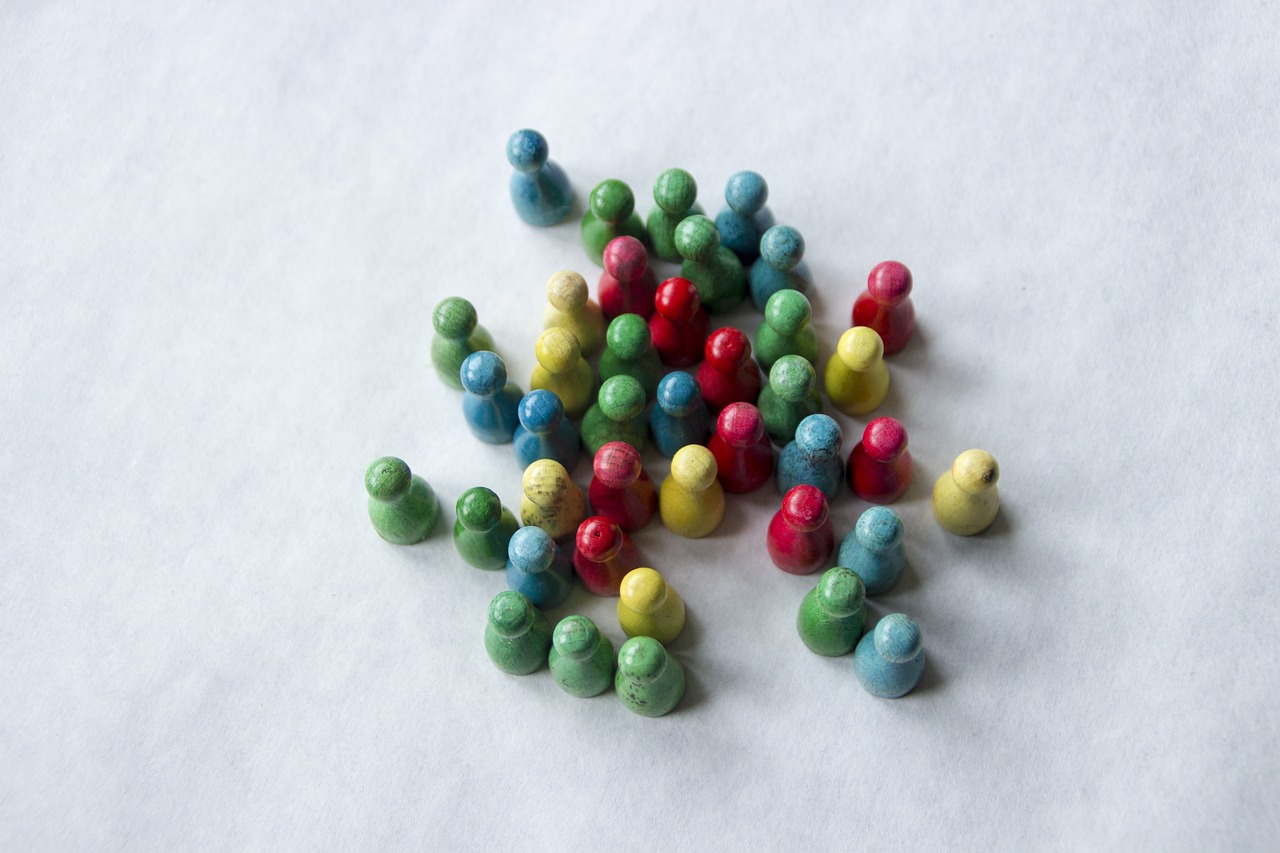
Control Over Elections
Allegations of election irregularities have marred several elections during Putin’s tenure, casting doubt on the fairness and transparency of the democratic process in Russia. International observers have raised concerns about the conduct of these elections.
The issue of election irregularities has indeed cast a shadow over several elections held during Vladimir Putin’s tenure, prompting scrutiny and raising fundamental questions about the state of democracy and political transparency in Russia. These allegations have taken various forms, including concerns about the fairness of electoral procedures, limitations on political competition and the role of state-controlled media. Here’s a closer look at the broader implications and international perspectives on this matter:
Fairness and Transparency: Allegations of election irregularities have often centered on issues related to the fairness and transparency of the electoral process. Critics have pointed to instances of restricted access to the ballot, allegations of voter fraud and concerns about the accuracy of vote counting. These allegations have led to a perception that elections in Russia may not always reflect the genuine will of the electorate.
Limited Political Competition: Another key concern raised by international observers is the limited scope of political competition in Russia. The dominance of the United Russia party, which has consistently secured a majority in the State Duma, has led to debates about the competitiveness of the political landscape. Critics argue that this dominance stifles political diversity and narrows the choices available to voters.
Media Influence: The role of state-controlled media in shaping public opinion during election campaigns has also come under scrutiny. Accusations of biased reporting and a lack of access to independent media outlets have raised questions about whether voters are provided with a balanced view of the candidates and their policies.
International Observers’ Concerns: Numerous international organizations and observers have expressed concerns about the conduct of elections in Russia. Reports from organizations such as the Organization for Security and Cooperation in Europe (OSCE) and the Council of Europe have highlighted issues such as media bias, restrictions on political opposition and limitations on civil society engagement.
Impact on Democracy: The allegations of election irregularities have broader implications for the state of democracy in Russia. Critics argue that these issues undermine the democratic principles of free and fair elections, a competitive political landscape and the protection of political freedoms. This, in turn, raises questions about the health and robustness of Russia’s democratic institutions.
It’s important to note that these allegations have led to varying assessments and viewpoints, with some arguing that the electoral process in Russia reflects the will of a significant portion of the population, while others believe that reforms are needed to address concerns about transparency and fairness.
In conclusion, allegations of election irregularities have been a recurring issue during Putin’s tenure, prompting debate and international scrutiny. These concerns touch on fundamental aspects of democracy, including electoral fairness, political competition and the role of the media. The impact of these allegations on Russia’s political landscape and its relations with the international community continues to be a subject of significant interest and discussion.
If you’d like to dive deeper into this subject, there’s more to discover on this page: Breaking Down Democracy | Freedom House
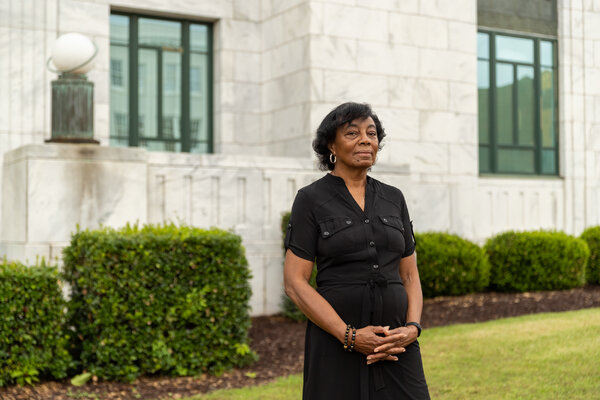
Popular Support
Putin has maintained significant popularity among the Russian populace, winning multiple elections by wide margins. His ability to garner support from a significant portion of the population reflects the democratic principle of popular sovereignty.
Putin’s enduring popularity in Russia is a multifaceted phenomenon that has played a pivotal role in shaping the country’s political landscape. It goes beyond mere electoral victories and delves into the intricate dynamics of his leadership and the factors that have contributed to his sustained appeal. Here’s a deeper exploration of why Putin continues to enjoy significant support among the Russian populace:
Economic Stability: One of the cornerstones of Putin’s popularity is the perception of economic stability during his tenure. Under his leadership, Russia experienced periods of economic growth and the living standards of many Russians improved. The stability provided a sense of security for citizens and this positive economic outlook contributed to his popularity.
National Pride: Putin’s leadership has been closely associated with the restoration of Russian national pride on the global stage. His assertive foreign policy stance, particularly on issues related to national sovereignty and territorial integrity, has resonated with many Russians who view their country’s resurgence as a source of pride. This assertiveness has been particularly evident in matters related to Crimea and Ukraine.
Strong Leadership Image: Putin’s leadership style is often characterized by decisiveness and strength. He projects an image of a strong leader who can protect Russia’s interests, both domestically and internationally. This perception of resolute leadership in times of uncertainty has bolstered his popularity, especially during periods of crisis.
Communication and Media: The effective use of state-controlled media and communication strategies has played a role in shaping Putin’s image and popularity. He has been skillful in communicating with the public and utilizing media outlets to convey his policies and priorities. This ability to control the narrative has contributed to his strong support base.
Political Consolidation: Putin’s political maneuvers, including the consolidation of power, have been viewed by some as necessary for maintaining stability in Russia. His ability to manage various political factions and maintain a dominant position in the political landscape has been seen as a stabilizing force.
Popular Sovereignty: Putin’s electoral victories, often by wide margins, reflect the principle of popular sovereignty in a democratic context. His ability to consistently win the trust and votes of a significant portion of the Russian population underscores the democratic nature of the electoral process, where citizens have the power to choose their leaders.
Challenges and Controversies: It’s important to note that Putin’s leadership has also faced criticism and controversy, both domestically and internationally. Critics have raised concerns about issues such as human rights, freedom of the press and political opposition. These challenges have sparked debates and differing opinions about his leadership.
In summary, Putin’s popularity in Russia is a complex and multifaceted phenomenon that stems from a combination of factors, including economic stability, national pride, strong leadership, effective communication and political consolidation. While he has consistently won elections with substantial support, his leadership has also faced scrutiny and debate. Understanding the dynamics of Putin’s popularity is key to comprehending the complex political landscape in Russia and its implications for the country’s future.
Additionally, you can find further information on this topic by visiting this page: Remarks by President Biden on America’s Place in the World | The …
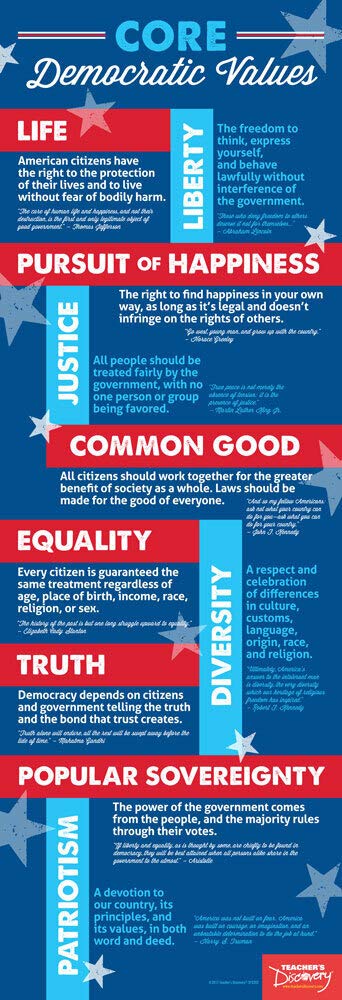
Constitutional Framework
While some argue that Putin’s consolidation of power runs counter to democratic norms, Russia does have a constitution that outlines democratic principles. Putin has operated within this framework, at least formally, by adhering to term limits and constitutional procedures.
The debate surrounding Vladimir Putin’s consolidation of power in Russia is a complex and contentious one, often hinging on the interpretation of Russia’s democratic principles and the ways in which they have been applied during his tenure.
It is true that Russia has a constitution that enshrines democratic norms and principles. This constitution, adopted in 1993, establishes a framework for a democratic, federal and rule-of-law state. Within this framework, there are provisions for regular elections, a multi-party system and the protection of individual rights and freedoms.
Putin’s adherence to term limits and constitutional procedures, at least on the surface, can be seen as an effort to maintain a semblance of democratic legitimacy. He served two consecutive terms as President from 2000 to 2008, followed by a stint as Prime Minister and then returned to the presidency in 2012. This rotation allowed him to remain in positions of significant influence while technically respecting term limits.
However, critics argue that Putin’s consolidation of power goes beyond the formalities of term limits and constitutional procedures. They point to actions such as the constitutional changes in 2020, which effectively reset his term limits and allow him to potentially stay in power until 2036. These changes have raised concerns about the erosion of democratic checks and balances, as well as the potential for a long-lasting presidency that may concentrate power disproportionately.
Additionally, there have been allegations of electoral irregularities, restrictions on political opposition and limitations on freedom of the press and civil society during Putin’s tenure. These factors have led some to question the extent to which Russia’s democratic principles are upheld in practice.
It’s important to note that opinions on Putin’s consolidation of power vary widely, both within Russia and on the international stage. Supporters argue that his leadership has provided stability and a sense of national pride, while critics express concerns about the erosion of democratic norms and institutions.
In examining Putin’s approach to power and democracy in Russia, it becomes evident that the situation is multifaceted and subject to interpretation. While the formal adherence to constitutional procedures is one aspect of the discussion, the broader context of political dynamics, civil liberties and the state of democratic institutions in Russia plays a pivotal role in shaping perceptions of Putin’s leadership. The debate underscores the complexities of governance in an evolving political landscape.
Should you desire more in-depth information, it’s available for your perusal on this page: The Global Expansion of Authoritarian Rule | Freedom House
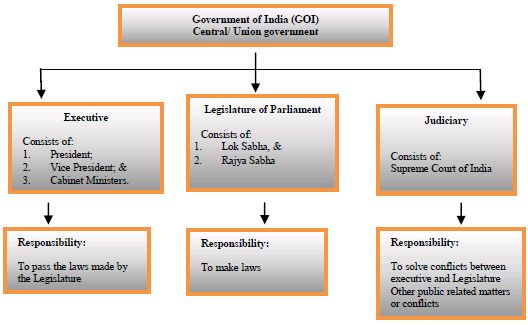
Economic Development
Putin’s leadership has coincided with a period of economic growth and stability, which has improved the living standards of many Russians. This aspect of his leadership aligns with democratic aspirations for economic prosperity.
Putin’s leadership has indeed coincided with a significant period of economic growth and stability in Russia and this phenomenon has had a tangible impact on the lives of many Russian citizens. The economic progress under Putin’s governance has contributed to an improvement in living standards, which aligns with a common aspiration shared not only by Russians but by people worldwide: the pursuit of economic prosperity within the framework of democratic governance.
One of the key elements of Putin’s economic strategy has been the emphasis on macroeconomic stability. Under his leadership, Russia was able to weather global economic crises, such as the 2008 financial downturn and the fluctuations in oil prices, with relative resilience. This stability provided a sense of security for the Russian population, reassuring them that their financial well-being was not constantly under threat.
Moreover, Putin’s administration focused on economic diversification and modernization, aiming to reduce the country’s reliance on oil and gas exports. Investments in various sectors, including technology, agriculture and manufacturing, were part of a broader effort to foster a more balanced and sustainable economy. This diversification not only bolstered economic growth but also created employment opportunities and increased the competitiveness of Russian industries on the global stage.
As living standards improved for many Russians, access to education, healthcare and social services also expanded. The middle class, in particular, grew, fostering a sense of economic empowerment and upward mobility. This aligns with democratic ideals that champion not only political freedoms but also economic opportunities and social mobility.
However, it’s important to note that economic progress under Putin’s leadership has not been without its challenges. Income inequality has remained a concern and critics have argued that wealth distribution has not been equitable. Additionally, Russia’s economic growth has at times been susceptible to external factors, such as global commodity prices and economic sanctions, highlighting the need for continued economic reforms and diversification efforts.
In essence, the economic successes experienced during Putin’s leadership have resonated with the democratic aspirations of economic prosperity and improved living standards. They have underscored the idea that economic well-being is an integral part of the broader concept of democratic governance, emphasizing the complex interplay between economic policies and democratic principles in shaping the trajectory of a nation.
For a comprehensive look at this subject, we invite you to read more on this dedicated page: Remarks by President Biden on America’s Place in the World | The …

Balancing Act
Putin’s leadership style is a complex interplay between authoritarian tendencies and democratic values. While he has centralized power and suppressed political opposition, he has also maintained popular support and adhered to constitutional procedures. This duality has fueled ongoing debates about the state of democracy in Russia.
Putin’s leadership style represents a nuanced interplay between authoritarian tendencies and democratic values that has shaped Russia’s political landscape over the years. This delicate balance has been a subject of intense scrutiny, sparking debates about the nature of democracy in the country.
On the one hand, Putin’s administration has exhibited elements of authoritarianism. Centralizing power within the Kremlin, suppressing political opposition and tightening control over media outlets are often cited as examples of these tendencies. Critics argue that these measures have curtailed political pluralism and stifled dissent, leading to concerns about the health of Russia’s democracy.
However, it’s essential to recognize the other side of this equation. Putin has consistently enjoyed a high level of popular support within Russia. This support has been built on his image as a strong and stable leader who has overseen economic growth and restored Russia’s standing on the global stage. Moreover, he has adhered to constitutional procedures, including holding regular elections. While some observers have raised questions about the fairness of these elections, they have nonetheless been a part of Russia’s political process.
This duality in Putin’s leadership style has fueled ongoing debates about the state of democracy in Russia. Some argue that it represents a unique Russian form of governance that blends elements of democracy and authoritarianism, while others contend that it masks a more profound erosion of democratic institutions and principles.
Furthermore, the international community has been closely watching these developments, with varying assessments of Russia’s democratic trajectory. The West, in particular, has expressed concerns about Russia’s human rights record and the treatment of political opposition figures.
In summary, Putin’s leadership style embodies a complex interplay between authoritarian tendencies and democratic values. The ongoing debates about the nature of democracy in Russia reflect the challenges and contradictions inherent in his rule. As Russia continues to navigate its political path, understanding this duality is crucial for assessing the country’s domestic and international dynamics.
If you’d like to dive deeper into this subject, there’s more to discover on this page: Breaking Down Democracy | Freedom House

Vladimir Putin’s leadership style, characterized by a mix of authoritarianism and democratic elements, remains a topic of global interest and controversy. As Russia continues to navigate its political future, the balance between these two aspects of leadership will have profound implications for the country’s domestic politics and its role on the international stage. Understanding the nuances of Putin’s leadership style is essential for comprehending Russia’s evolving political landscape in the 21st century.
Vladimir Putin’s leadership style, a complex blend of authoritarianism and democratic elements, remains a compelling subject of global interest and controversy. It is a style that has evolved over his tenure as Russia’s leader and has played a pivotal role in shaping the nation’s political trajectory.
On one hand, Putin’s authoritative approach has been characterized by centralized power, control over media and a firm grip on political institutions. These traits have led many to label his rule as authoritarian, with concerns about the suppression of dissenting voices and the erosion of democratic norms in Russia. These elements have often put him at odds with Western leaders and human rights advocates, leading to tensions in international relations.
On the other hand, Putin has also utilized democratic elements, such as periodic elections and a semblance of political pluralism, to maintain a degree of legitimacy and support among the Russian populace. His leadership has been marked by a focus on national sovereignty and a strong stance against perceived Western interference. This mix of authoritarianism and democratic symbolism has resonated with some segments of the Russian population who view it as a bulwark against external influences.
As Russia navigates its political future, the balance between these two aspects of Putin’s leadership will continue to shape the country’s domestic politics and its role on the international stage. The delicate interplay between authoritarian tendencies and democratic façades will influence not only how Russia is governed but also how it is perceived by the global community.
Understanding the nuances of Putin’s leadership style is, indeed, essential for comprehending Russia’s evolving political landscape in the 21st century. It serves as a lens through which we can analyze the challenges and opportunities facing Russia as it grapples with the complexities of governance in a rapidly changing world.
For a comprehensive look at this subject, we invite you to read more on this dedicated page: Breaking Down Democracy: Goals, Strategies, and Methods of …
More links
Additionally, you can find further information on this topic by visiting this page: From Democratic Decline to Authoritarian Aggression | Freedom …
